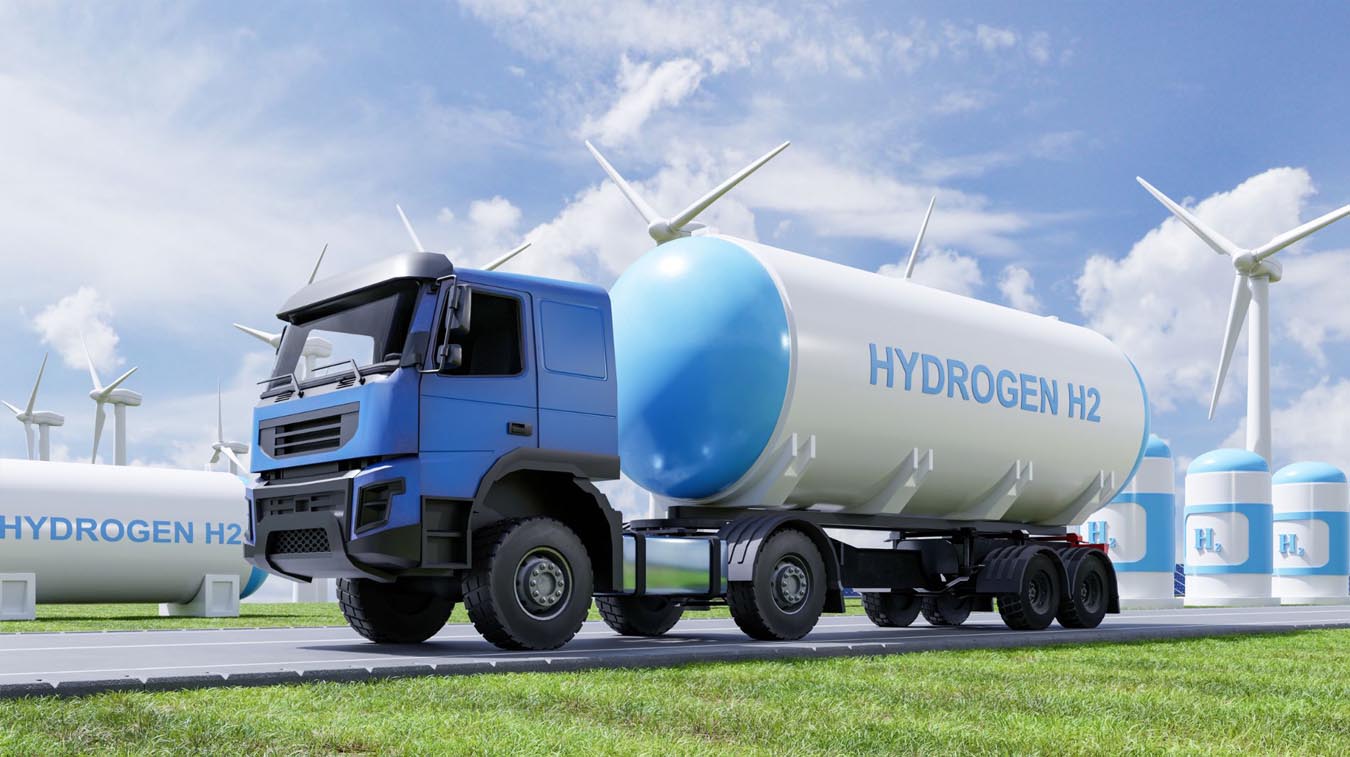Hydrogen energy is the focus of everyone's attention, but what should we pay attention to in transportation?

By Nick Lung Photo:Canva
In 2021, the United States introduced a number of bills to encourage Americans to buy new energy vehicles in the form of tax breaks; and in 2022, the "Inflation Reduction Act" was passed to increase the budget for climate bills to 369 billion yuan.
This bill Authorizes the U.S. government to provide subsidies and tax credits to consumers who purchase electric vehicles, energy-saving appliances, and install residential solar power systems. In addition, the U.S. government also supports the domestic clean energy industry and announced that by 2030, it will increase the number of employees by 950 million solar panels, 120,000 wind turbines and 2,300 battery storage plants.
Everyone knows that the current new energy policy is based on solar and wind power generation as the main selling points, but the next thing that deserves everyone's attention is "hydrogen energy".
Hydrogen energy can be divided into green hydrogen, blue hydrogen and gray hydrogen according to the carbon emissions of the production method. wait. The production process of gray hydrogen uses fossil fuels, while green hydrogen uses green electricity such as solar energy or wind power to electrolyze water to produce hydrogen.
Hydrogen fuel cells using green hydrogen generate electricity, which basically does not emit carbon, and the by-product is only water. It can be said to be a new standard for future new energy, but it is still a relatively unfamiliar aspect in transportation.
Using hydrogen for transportation is a clean and environmentally friendly technology, but it comes with certain considerations. Here are some tips to pay attention to in hydrogen transportation:
Hydrogen energy supply chain: Ensure that the production, storage and transportation of hydrogen energy comply with standards and safety regulations. Measures should be taken during the process to ensure the high purity and reliability of hydrogen.
Hydrogen energy storage: Storage of hydrogen is a challenge because it requires high-pressure vessels or cryogenic liquefaction technology. Ensuring the safe storage and delivery of hydrogen is crucial.
Vehicle safety: When using hydrogen energy vehicles, you need to handle the hydrogen carefully and ensure that the vehicle's hydrogen fuel cell system meets relevant safety standards. Preventing hydrogen leakage and emergency response measures in the event of an accident are necessary.
Infrastructure construction: Establish a complete hydrogen infrastructure, including hydrogen production facilities, storage facilities and hydrogen refueling stations. This requires investment and coordination to ensure the availability and suitability of hydrogen energy.
Cost: Currently, hydrogen energy can be expensive to produce and use relative to other energy sources. When promoting hydrogen energy transportation, cost-effectiveness and technological advancements need to be considered.
Green Hydrogen: Promote the use of green hydrogen (hydrogen produced from renewable energy sources) to ensure the environmental benefits of hydrogen energy.
Regulations and Standards: Comply with local and international regulations and standards, including those related to vehicles, hydrogen production and storage.
Technology Development: Continue to invest in research and development of hydrogen technology to increase efficiency, reduce costs and improve safety.
Overall, hydrogen energy transportation is a potential clean energy option, but when promoting and adopting this technology, safety, cost, sustainability and other factors need to be comprehensively considered.
Appreciate if you could share TGL Blog among your friends who are interested in first-hand market information of supply chain and updated economic incidents.



